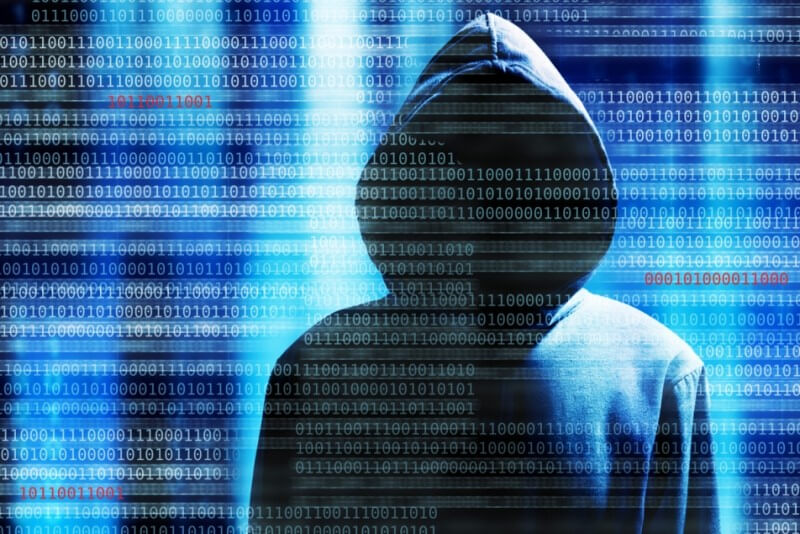
While some people still associate the Tor anonymity network solely with the criminal elements of the dark web, it’s increasingly being used by publishers such as Facebook and the New York Times to avoid censorship in certain countries, along with everyday users wishing to protect their privacy. But the technology is over ten years old now, and more governments and hackers are targeting its systems, which is why a next generation of onion services is being added.
The Tor Project—the group behind Tor—has been working on the update, which will strengthen security and keep data anonymized, for the last four years. It’s now available in an alpha release.
On the cryptography side, we are looking at cutting-edge crypto algorithms and improved authentication schemes. On the protocol end, we redesigned the directory system to defend against info leaks and reduce the overall attack surface. For example, did you know that in the legacy onion system, the network could learn about your onions? However, with this next-generation design, your onion address is completely private and only known to you and whoever you choose to disclose it to.
Most Tor users are unlikely to notice any of the changes, though the new .onion domain names will be longer. The Tor Project said that as the current code stabilizes, more features will be added in the future, including advanced client authorization, improved guard algorithms, and offline service keys.
As the bugs are ironed out and extra features are added to the new iteration, the legacy onion system will remain the default option, though the plan is to phase out the older technology in a few years’ time.
Back in February, a vigilante hacker associated with hacktivist group Anonymous took down about 20 percent of the Dark Web, apparently a reaction to discovering gigabytes of child pornography
If you want to find out everything about the Dark Web and learn how to access it, check out this feature.
https://www.techspot.com/news/71731-tor-project-announces-more-secure-generation-onion-services.html